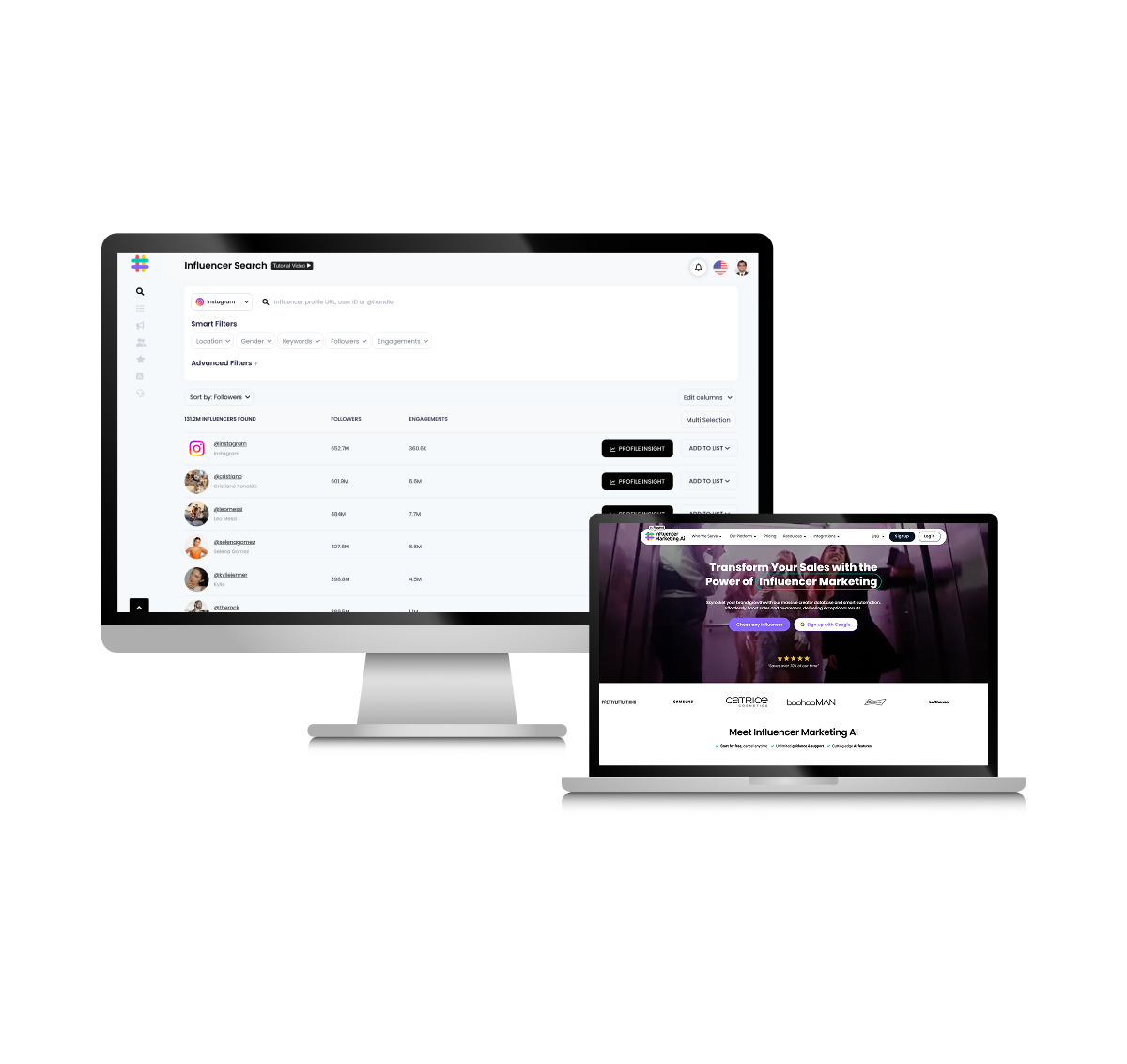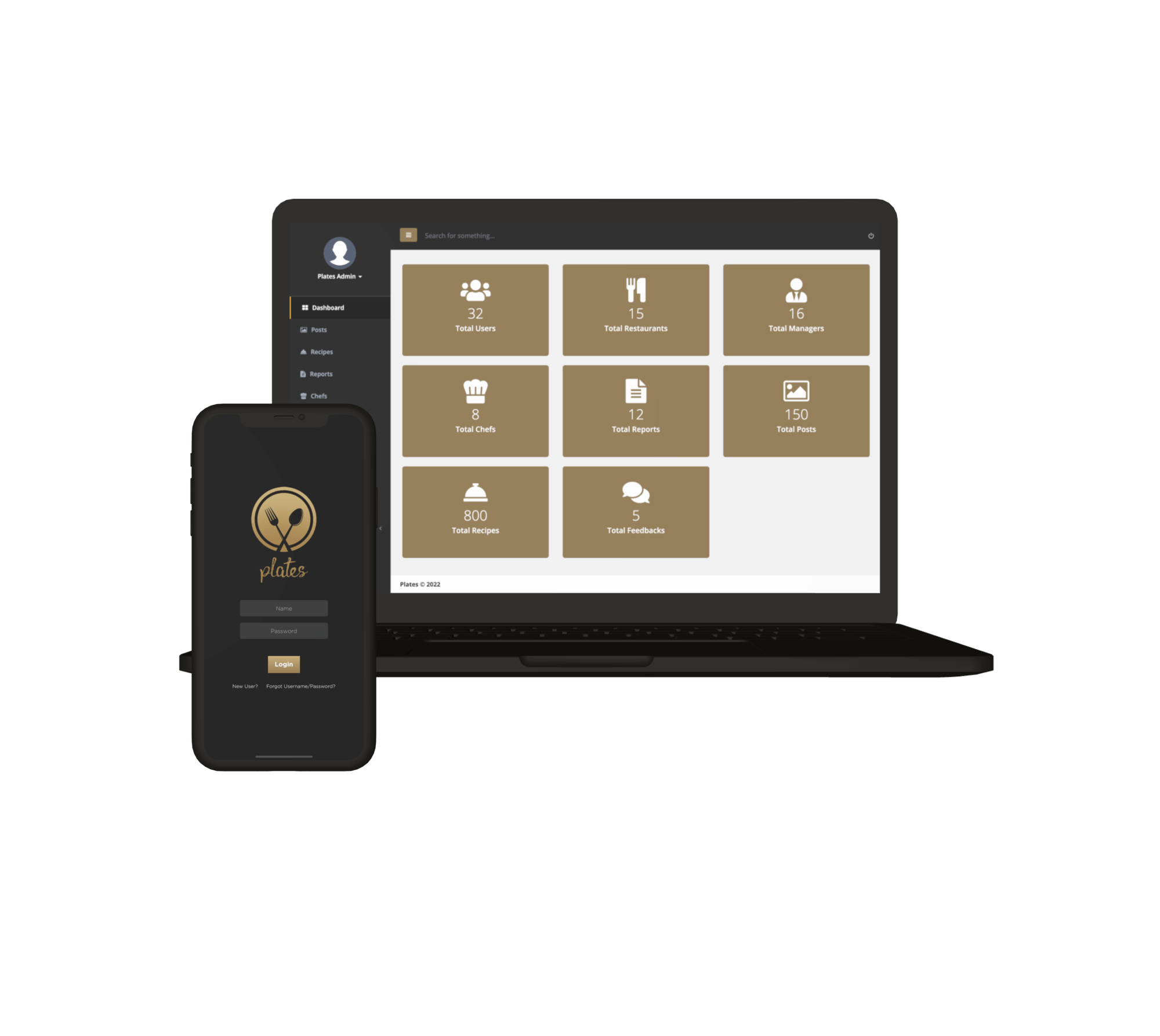Future Proof
Digital Solutions
Today's innovation is tomorrow's old news. Because of this, brands need to invest in software development as a service that can produce novel, creative ways to engage customers.
The team of UI/UX experts, full-stack developers, and technical analysts at immence are dedicated to helping you keep your brand’s digital presence fresh, engaging, and dynamic.
Let's talk business!












